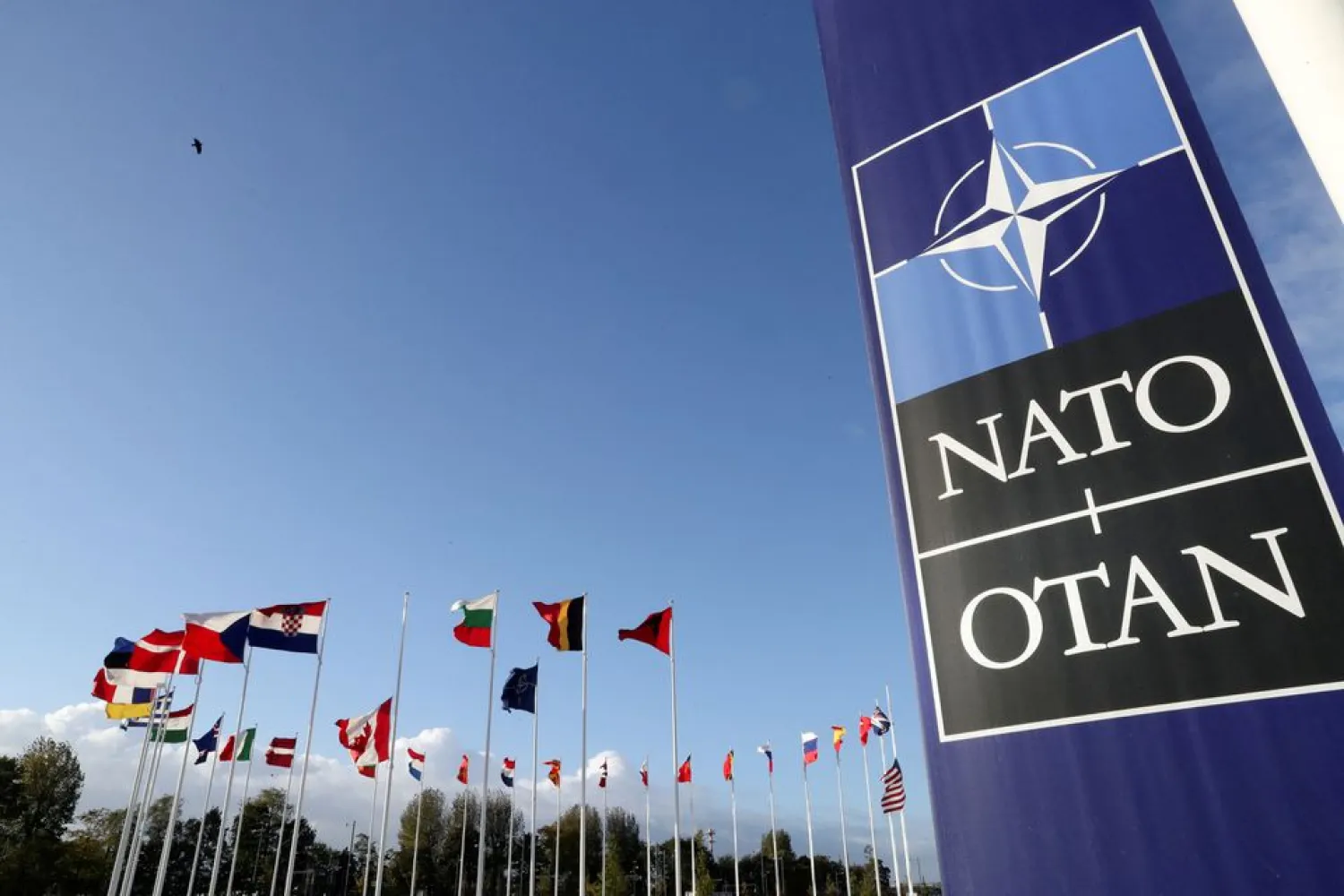Israeli President Isaac Herzog on Thursday urged the NATO military alliance to toughen its approach to Iran, as Tehran supplies drones to Russia for its war on Ukraine.
"The crisis there goes beyond the boundaries of Ukraine, with the Iranian threat now at Europe's doorstep," Herzog said on a visit to NATO headquarters in Brussels.
"The illusion of distance can no longer hold. NATO must take the strongest possible stance against the Iranian regime including through economic, legal and political sanctions and credible military deterrence."
The figurehead leader became on Thursday the first Israeli president to brief NATO's main decision-making body.
Members of the Western alliance have pressed Israel to take a firmer stance against Russia over the war in Ukraine.
But Israel has refused to arm Kyiv as it is afraid of angering Moscow, which plays a key role in its neighbor Syria.
"A terrible war continues to cause needless human suffering and compromise the well-being and welfare of millions," Herzog said, without explicitly condemning Russia.
"Our hearts continue to go out to the people of Ukraine as they defend their homes and their country," AFP quoted him as saying.
NATO chief Jens Stoltenberg said he had discussed "our support for Ukraine" with Herzog.
"The Ukrainian people are bravely defending their homeland and NATO allies and partners are helping to support their right to self defense," he said.
The NATO secretary general said Herzog's visit was a sign of the US-led alliance's "deepening partnership" with Israel.
Herzog pointed to bolstering cooperation on cyber-security, threats from space, drones, and energy resilience.
He said the two sides were slated to sign a new cooperation agreement "in just a couple of months, which lengthens the period of cooperation and expands it reach."









